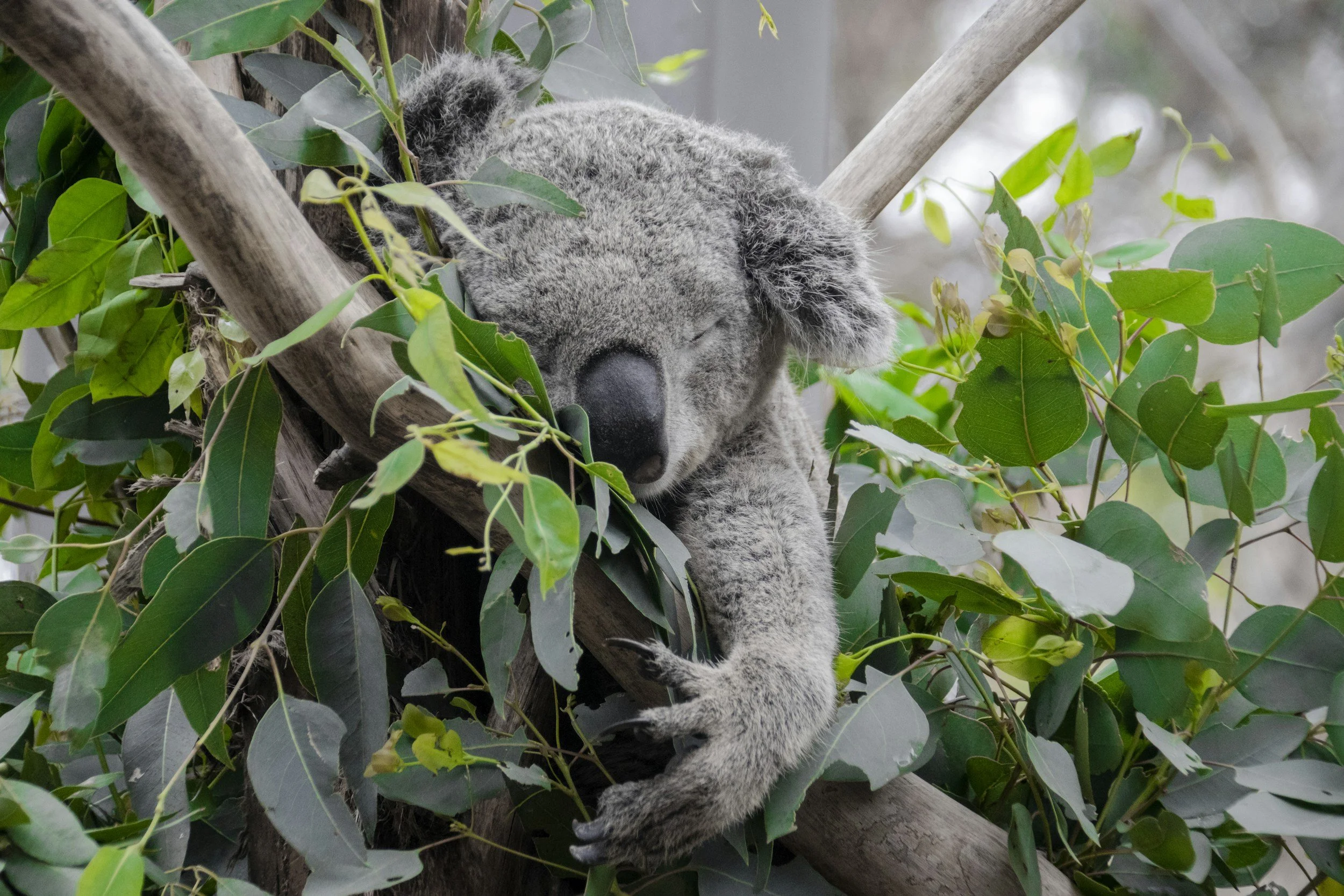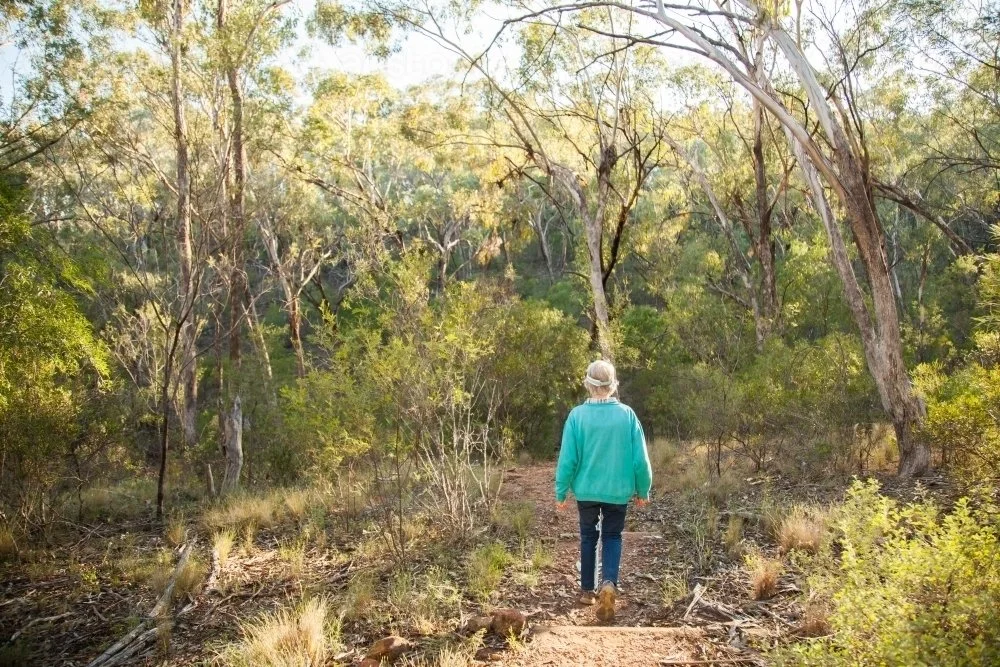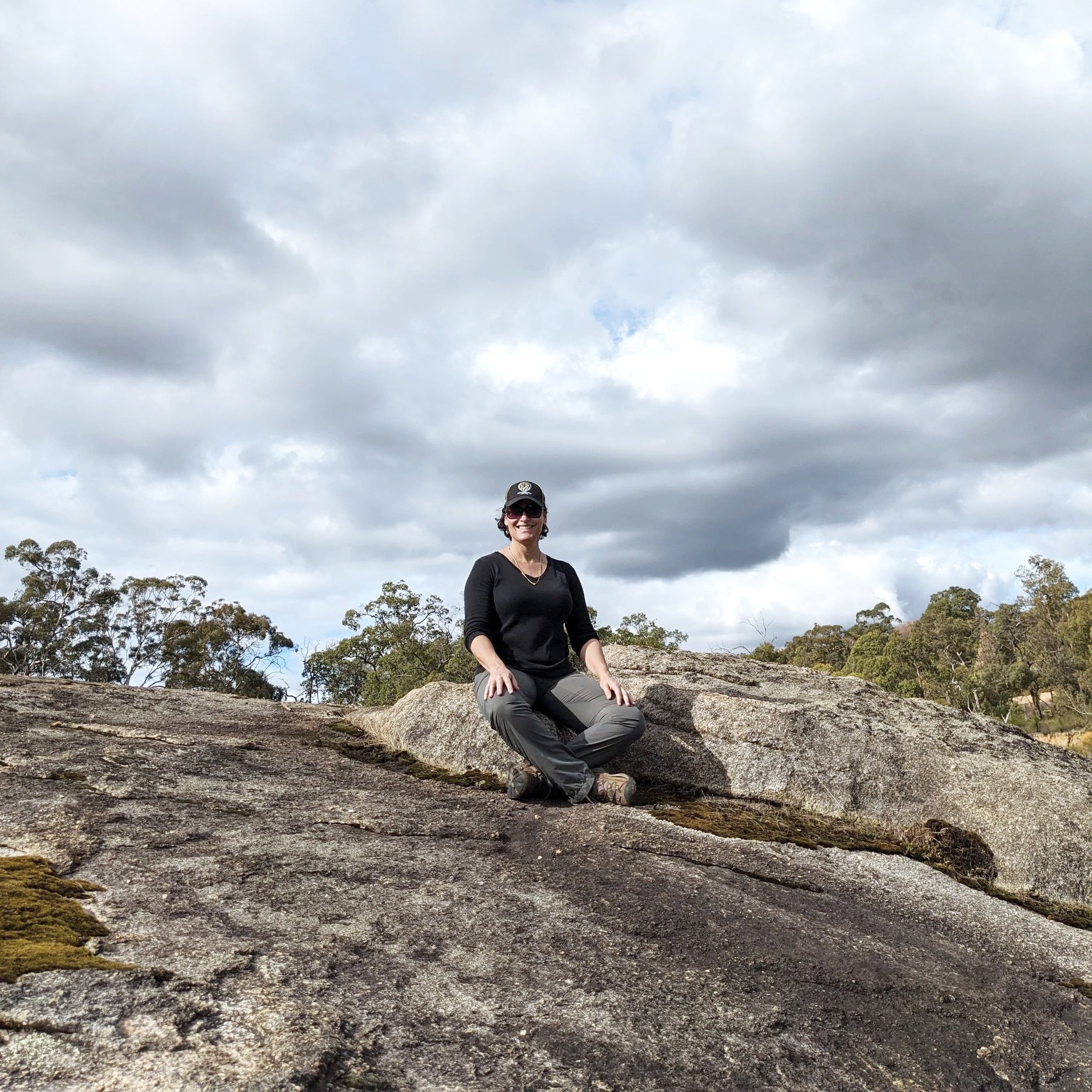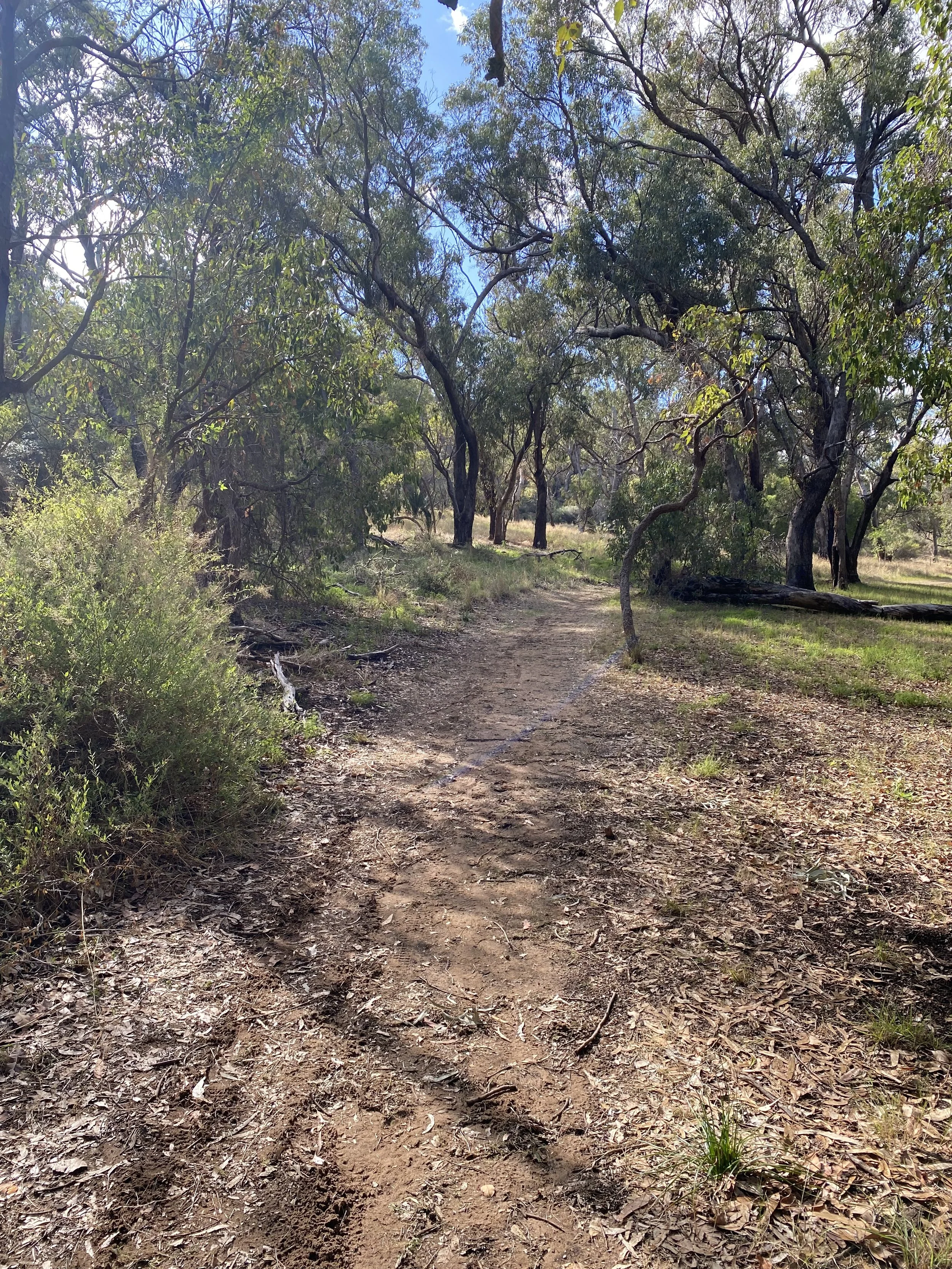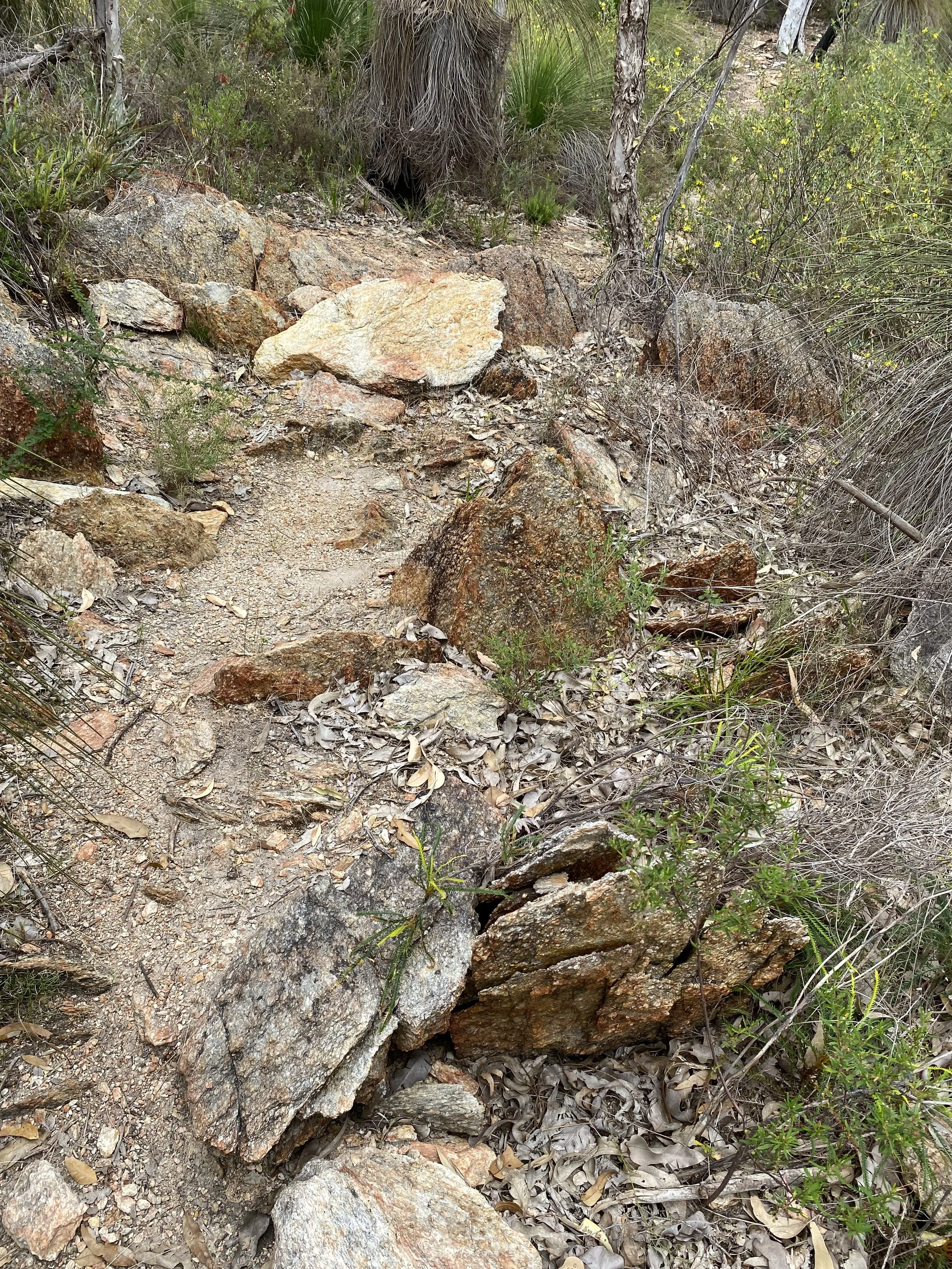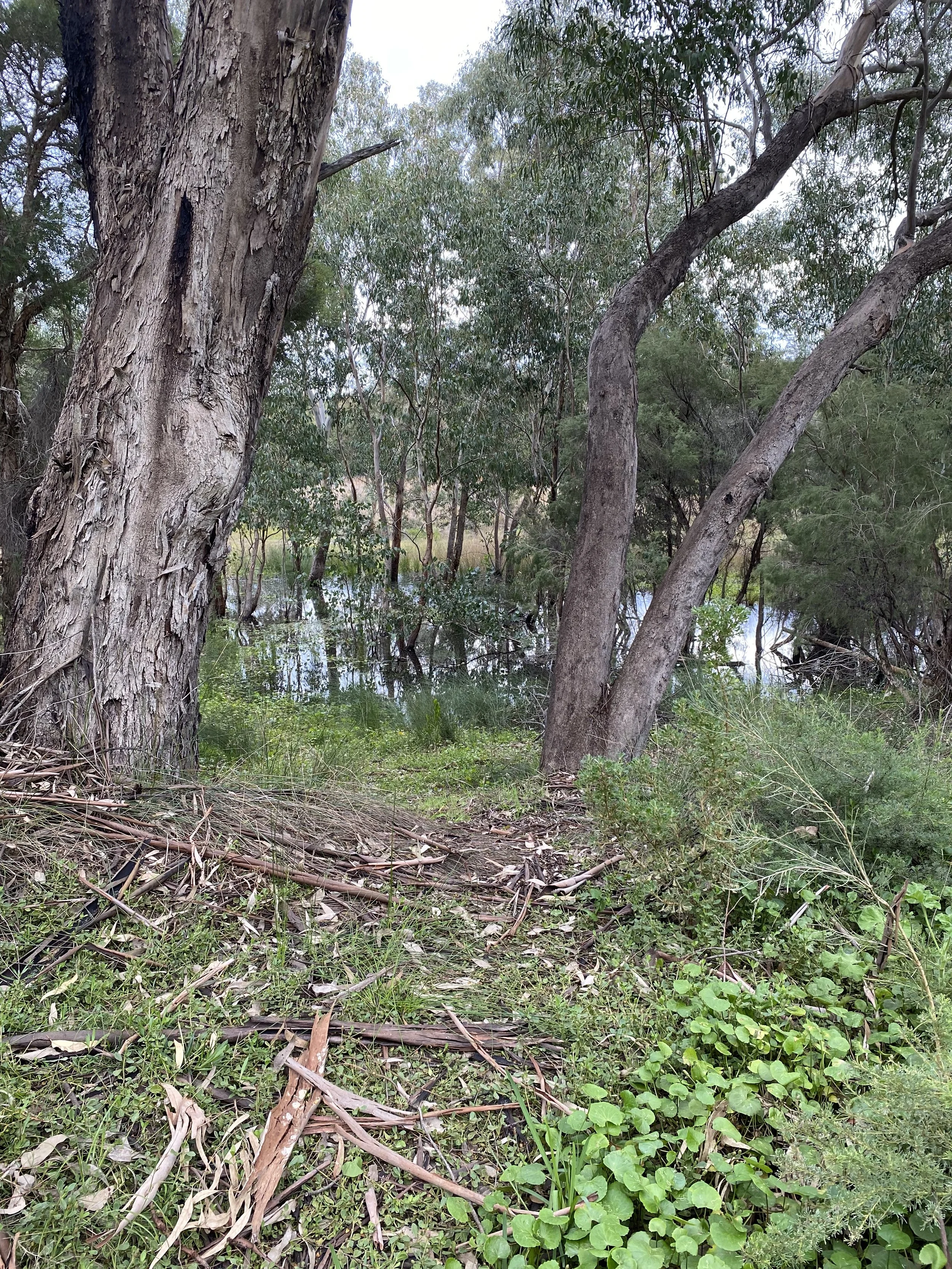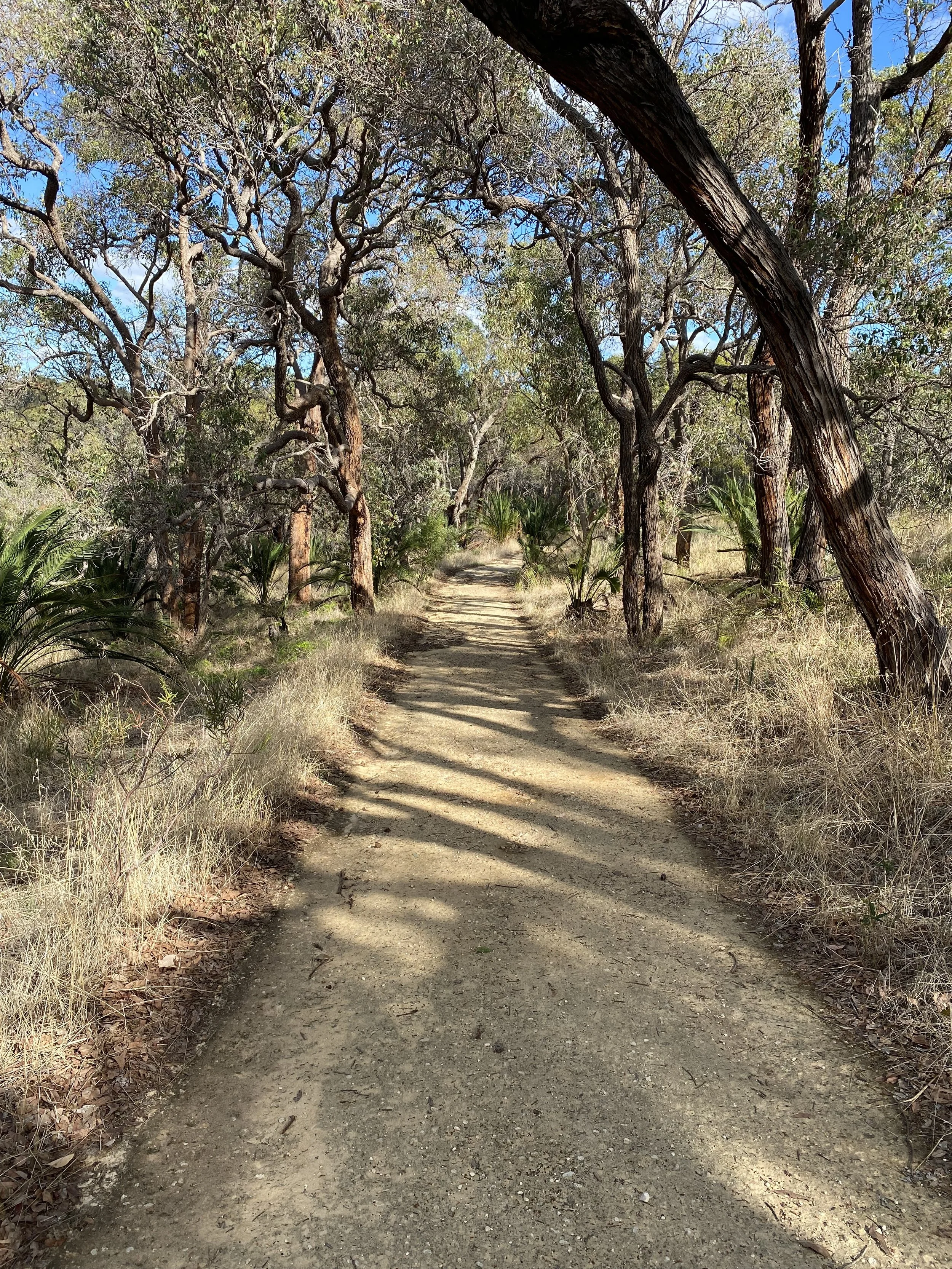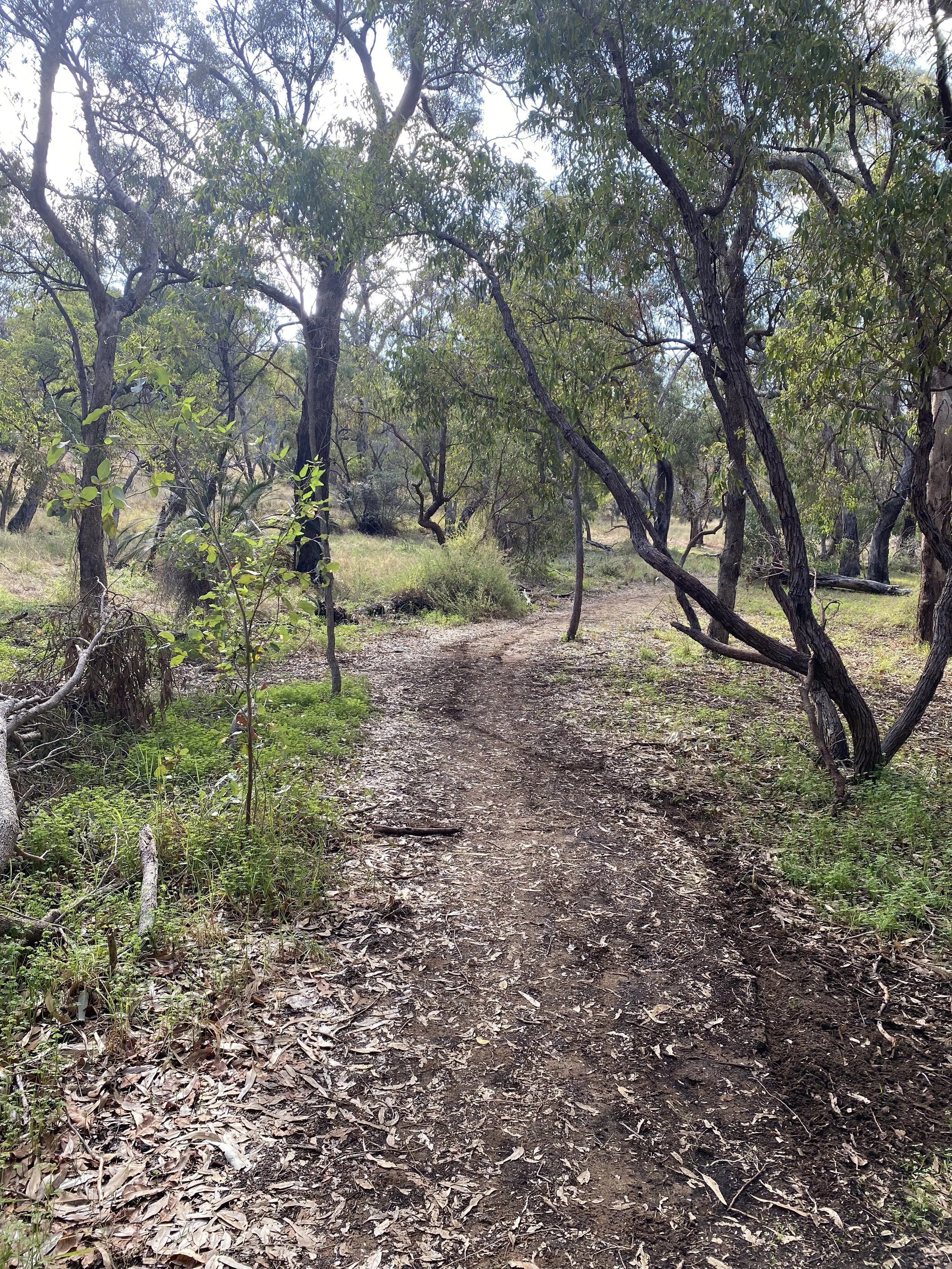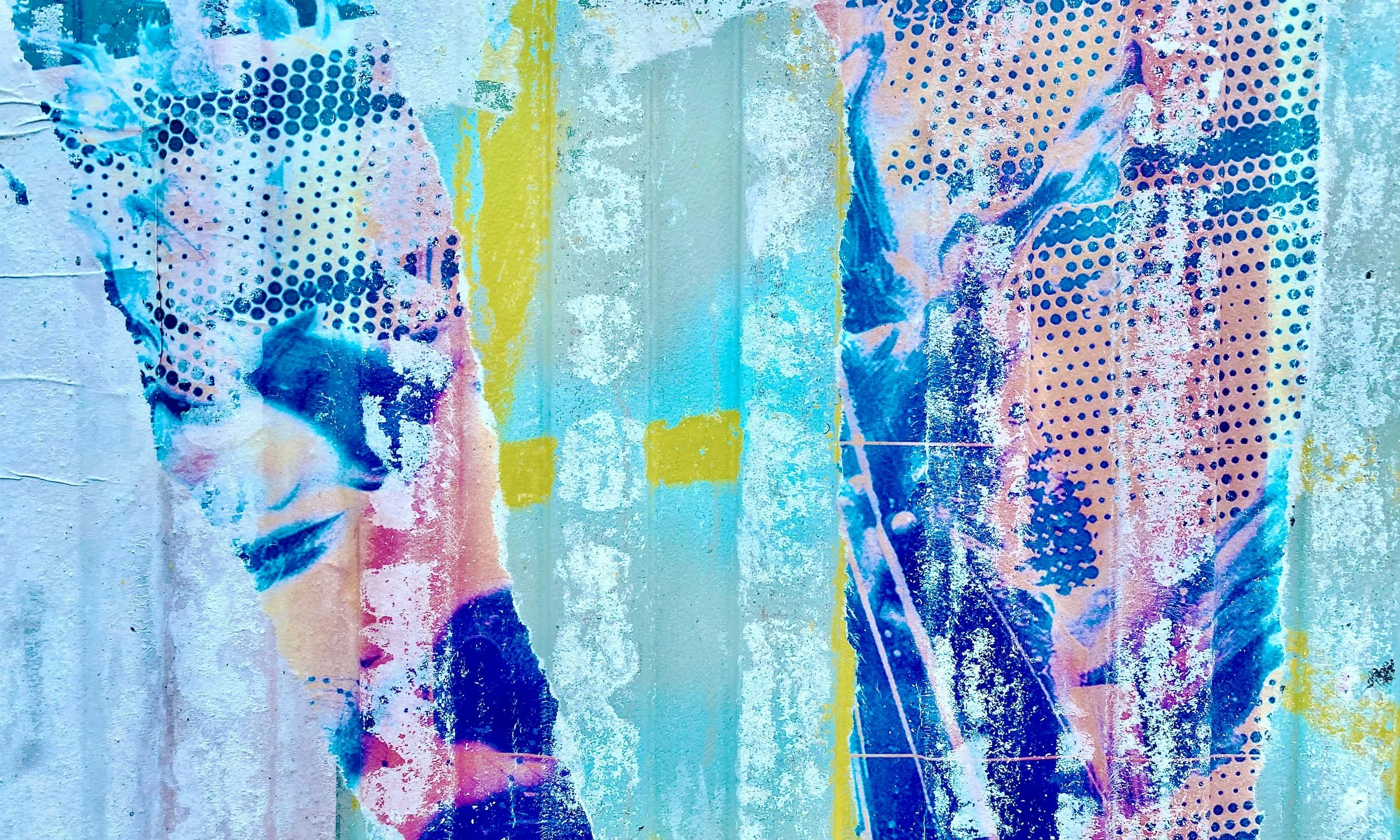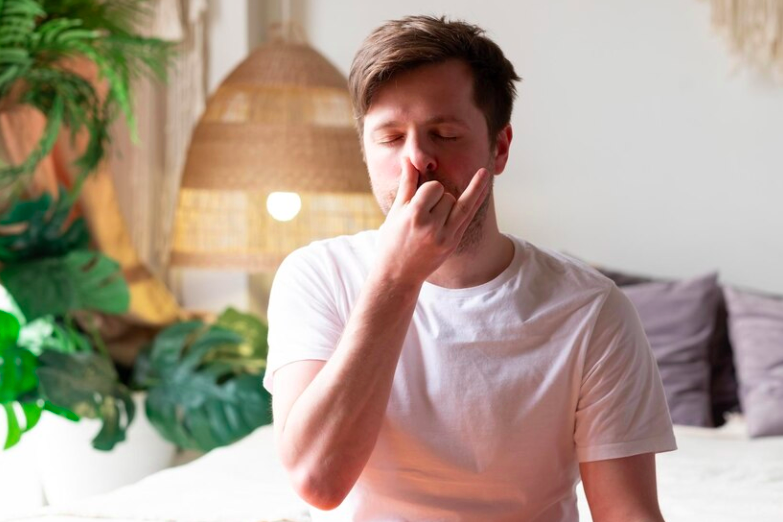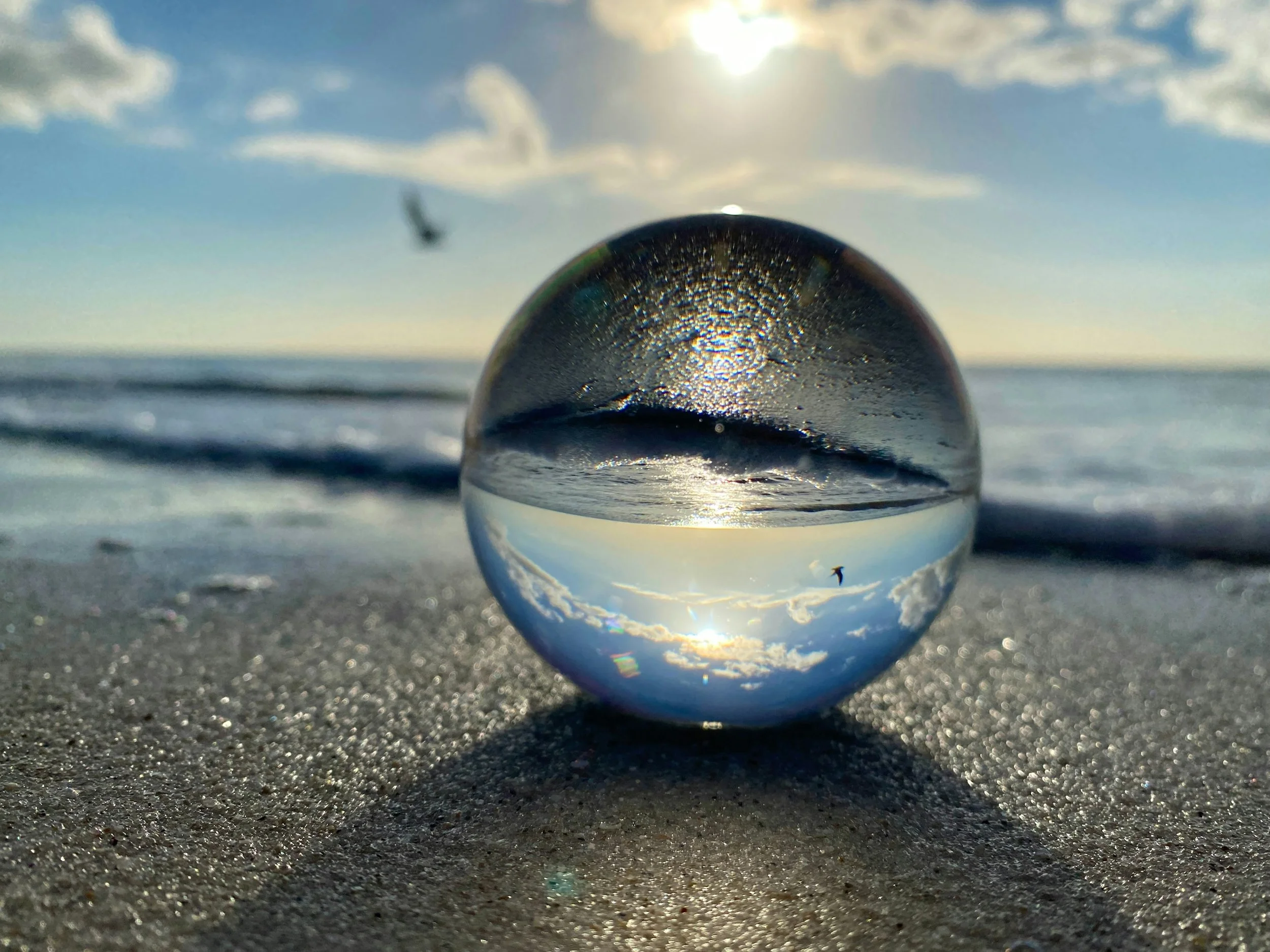Sleep and Mood
This article explains the evidence-based relationship between sleep and mood, drawing on research from leading sleep scientists including Professor Michael Grandner and the Sleep and Health Research Program at the University of Arizona. It outlines why sleep is essential for emotional regulation and mental health and offers practical starting points for improving sleep.
Breathe in Nature, Connect with Others
New Australian research confirms that structured time in nature improves wellbeing, reduces distress and supports social connection. Explore how outdoor psychology can fit into everyday life.
Expanding the Therapeutic Toolkit
This article explores how social prescribing, nature connection, and cultural institutions such as museums and galleries can enhance mental health care. It shares evidence, therapeutic mechanisms, and practical examples from psychology, creative wellbeing programs, and community partnerships.
MSP Christmas Break Notice
Michelle Saleeba Psychology will be closed 18 Dec 2025 – 3 Jan 2026 for a Christmas break. January bookings and enquiries are open. Enquire before 17 Dec.
The Visual Mind Garden
The Visual Mind Garden is a simple reflective drawing and collage exercise that helps externalise thoughts and emotions. By mapping your mind as a landscape, you can observe what’s thriving, what’s overgrown, and where attention or rest might be needed.
Cultural Competence in Therapy
A psychologist reflects on cultural competence in therapy through work with veterans and first responders exploring how awareness, not equivalence, builds trust and protects therapeutic boundaries.
Difference between change and transition
Life transitions test our sense of identity and control. Drawing on William Bridges’ Transitions model and the words of Eliot, Rilke, and Oliver, this article explores why endings, uncertainty, and new beginnings are so psychologically demanding and how literature helps us make meaning through change.
The Art of Not Finishing
Inspired by Elizabeth Markevitch’s reflection on unfinished art, this piece explores how incomplete creative work can reveal our own unfinished stories. In art therapy, fragments are not failures but living records of process invitations to revisit, reflect, and reconnect with the parts of ourselves still unfolding.
Community Arts for Wellbeing
The OCD WA Creating Connections exhibition brought twelve professional artists together in support of mental health awareness. Though the artworks were not themed around OCD, the event demonstrated how community arts can build connection, reduce stigma, and foster wellbeing through participation and shared purpose.
Art Therapy in Context
Art therapy takes two main forms. Community programs focus on creative connection and inclusion; clinical art therapy provides structured, evidence-based support for psychological healing. Both recognise art as a powerful medium for growth and self-understanding.
Art Therapy for Psychedelic Integration
Learn how creative practices like symbolic drawing, journey mapping, and visual journaling can support deep, ongoing integration after psychedelic therapy.
Clear and Calm
If you’re feeling overwhelmed, scattered, or just in need of a mental reset, alternate nostril breathing might help. It’s one of my favourite yogic breathing techniques, simple, calming, and supported by research.
You’ll find a full how-to and a guided audio in the latest blog post on my site (link in bio). This one’s perfect for winding down after work, refocusing mid-day, or easing into sleep.
Yoga Nidra
Yoga Nidra is a guided practice that promotes deep rest, emotional balance, and improved sleep. This article explores the evidence behind its use, how it supports wellbeing, and how it can be adapted for people living with brain injury.



